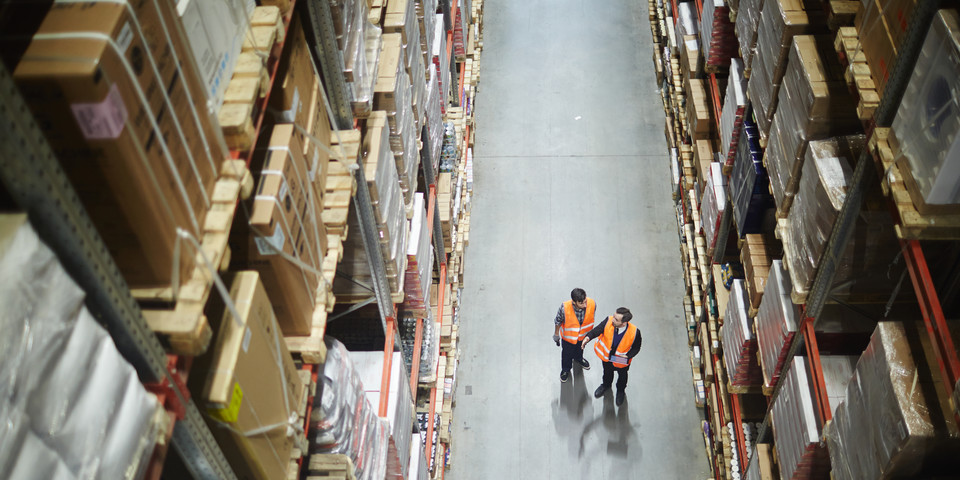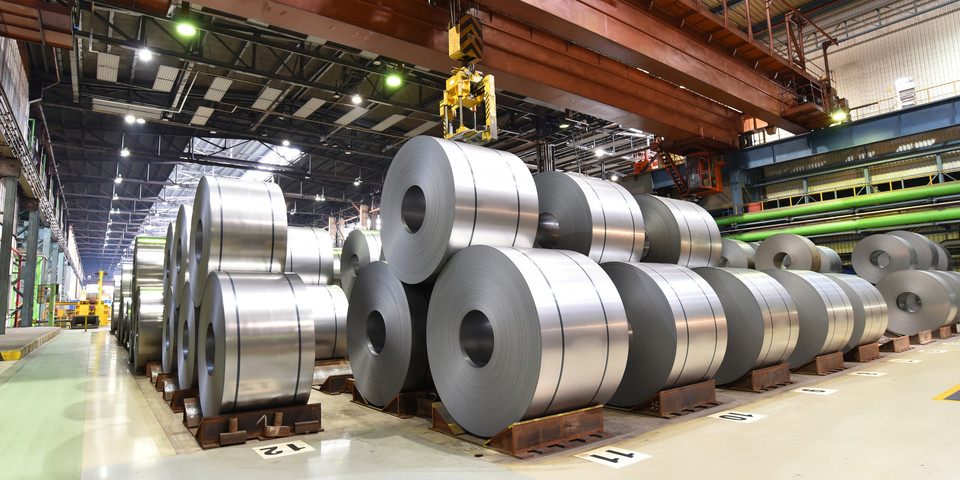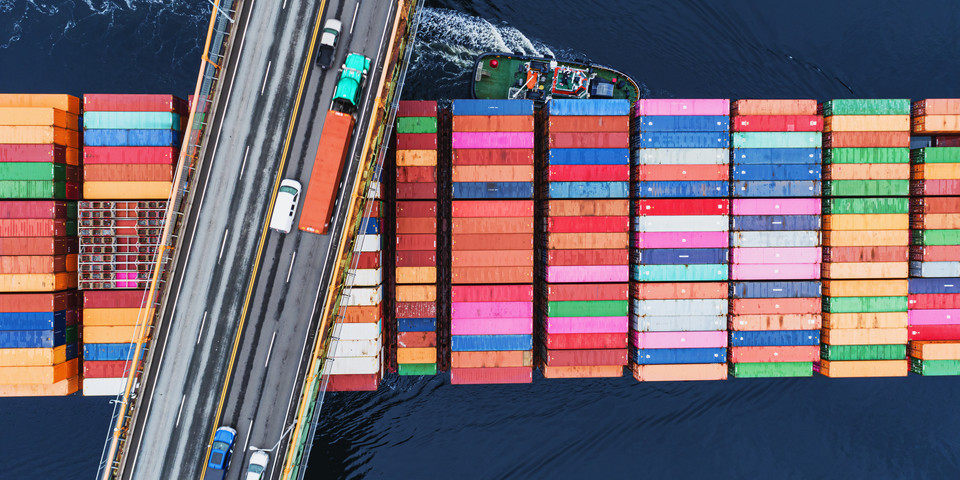Reports
Reports on trade policy and internal market issues by the National Board of Trade, Sweden, are listed here. You are welcome to download them free of charge. If you are looking for a specific topic, use Search at the top of this page, then filter on Publications.
-

The Role of Trade in the Green Transition
Published: 2023
Trade policy can play a key role in facilitating the green transition. However, trade barriers on environmental goods make the green transition more expensive than necessary. In an attempt to address these barriers, several countries include specific environmental goods provisions in their regional trade agreements.
-

The need for enhanced EU cooperation with the CPTPP
Published: 2023
EU economic integration with like-minded partners in the Asia-Pacific is crucial to diversify trade relations and improve competitiveness. This article presents concrete proposals on how this can be achieved without negotiating entirely new trade agreements.
-

Innovation, AI, Technical Regulation and Trade
Published: 2023
In this report, the National Board of Trade Sweden highlights the challenges that digital innovation creates for technical regulation. The report questions whether artificial intelligence and cyber vulnerabilities are changing the way industrial goods, such as some smartphones, medical devices, and vehicles with...
-

The New Gains from Trade
Published: 2023
This brief introduces the latest generation of trade research. The purpose is to help policymakers formulate an evidence-based trade policy for the future.
-

Trade rules for a circular economy
Published: 2023
Being able to buy and sell used and recycled batteries is vital to the green transition. Batteries are needed for vehicles and for solar parks. In this report, we have examined the challenges posed by regulations on the export and import of used batteries, which are often classified as waste.
-
How can SOLVIT further enhance compliance with EU law
Published: 2022
The SOLVIT network has been given new tasks, regulated by existing or new binding legal acts from the EU. The network has also been linked more closely to the EU Commission's compliance work. There is a need to further develop SOLVIT and in this report we discuss how SOLVIT's legal basis could be changed.
-

Green Services in the Single Market
Published: 2022
Trade in services is key in achieving the green transition. This report shows the role of services, and how they can contribute, with focus on the EU. However, there are barriers to trade in these services, barriers that the EU and the Member States should try to eliminate.
-

Perspectives on the Economic Effects of FDI and Investment Screening
Published: 2022
Foreign direct investment (FDI) is a key driver of economic growth and welfare. This analysis discusses how security and economic concerns should be balanced when deciding on a foreign direct investment screening mechanism.
-

An All-Star Approach to Regulatory Cooperation in the Area of Technical Barriers to Trade
Published: 2022
In this report by the National Board of Trade Sweden, we identify best practices for international regulatory cooperation to address technical barriers to trade (TBTs) and highlight how they can promote sustainability objectives. Linda Bodén, one of the authors of the report, tells more.
-

Lessons from the pandemic – Designing a Single Market crisis management mechanism
Published: 2022
Despite being heavily tested during the COVID pandemic, the Single Market proved to be resilient. But even more can be done to strengthen the Single Market in times of crisis.
-

Supporting the Green Transition through Regulatory Cooperation
Published: 2022
In this analysis, the National Board of Trade Sweden investigates the potential for enhanced transatlantic regulatory cooperation to support the green transition within the framework of the EU-US Trade and Technology Council (TTC).
-
The EU Proposal for an Anti-Coercion Instrument
Published: 2022
The purpose of this memo is to get a better understanding of the EU proposal on anti-coercion. The National Board of Trade points out some of the most immediate challenges and gives recommendations on how to minimise the proposal’s negative effects for international trade and trade policy.
-

The Economics of the EU’s Trade Defence Instruments – Winners and losers of anti-dumping policies
Published: 2022
EU producers do not benefit from EU anti-dumping measures. There are no signs of regained market shares or that EU firms are able to raise prices on targeted goods. This is shown by a new analysis from the National Board of Trade, Sweden.
-
A single market ombudsman in every EU state
Published: 2022
Since its inception, some thirty years ago, the Single Market has been affected by a huge compliance deficit. The cost of non-compliance for goods and services alone is today 700 billion euros.
-

Stronger Integration and Enhanced Free Movement in the Nordic Region
Published: 2022
For decades, people in the Nordic countries have been able to move freely and trade services and goods across borders. COVID-19 showed us that this freedom cannot be taken for granted. In this report, the National Board of Trade Sweden identifies several areas where Nordic co-operation can be improved.
-

Learning by using free trade agreements
Published: 2022
This report focuses on the trade aspects of the EU–South Korea free trade agreement. It analyses imports and the utilisation of available tariff preferences by Swedish importers between the years 2008 and 2018. Jonas Kasteng, one of the authors of the report, tells more.
-

EU Trade Defence – The unintended effects of anti-dumping measures
Published: 2021
When the EU imposes anti-dumping measures, the idea is to mitigate harm for firms in the EU. However, this new analysis from government agency National Board of Trade Sweden, shows that the production and sales of European companies do not increase. The price of the goods rises to the disadvantage of consumers.
-

Trade and climate change
Published: 2021
The WTO and its members can do a lot to promote climate goals. In this report, the Swedish government agency National Board of Trade, highlights issues that WTO members might focus on and different legal forms an agreement might take. Emilie Eriksson, legal adviser and co-author of the report, tells more.
-

A Post Brexit Analysis: Firm and Consumer Use of the EU-United Kingdom Free Trade Agreement
Published: 2021
In January 2021, the United Kingdom left the EU’s Internal Market, and it became more difficult for Swedish firms to import from the United Kingdom. At the same time, the free trade agreement between the EU and the UK came into force and this means, among other things, that firms can continue to make duty free imports...
-

An EU trade policy for geopolitical ends
Published: 2021
Do geopolitical considerations require an EU trade policy that limits trade and economic integration to a greater extent than today? In light of increased geopolitical tensions, the National Board of Trade has analysed the connection between trade and security.
